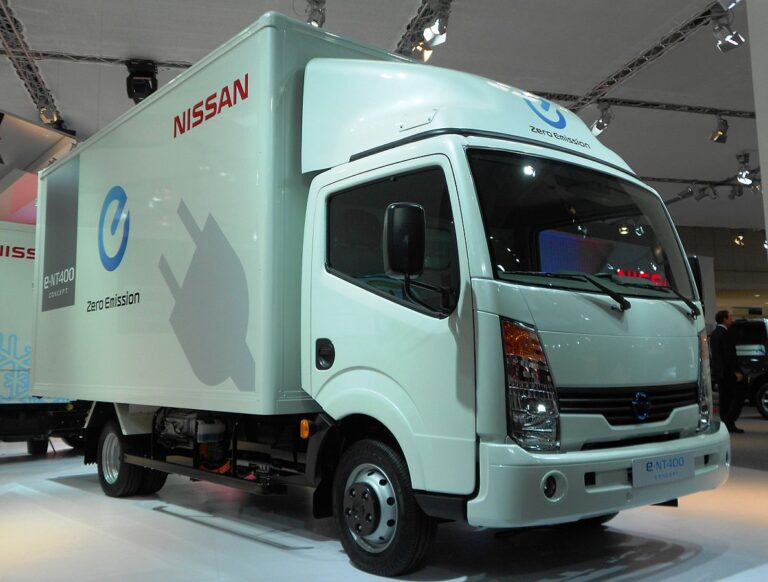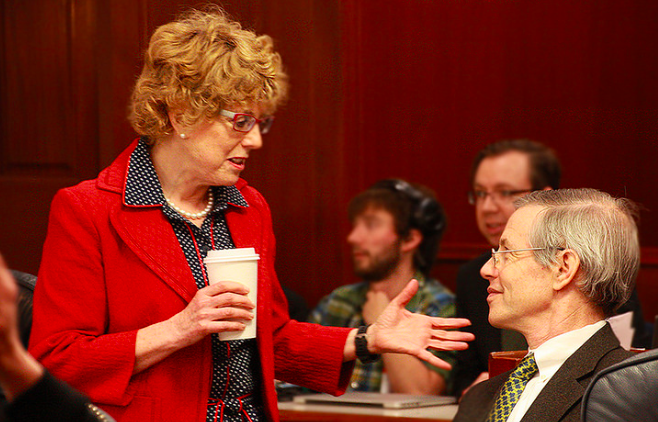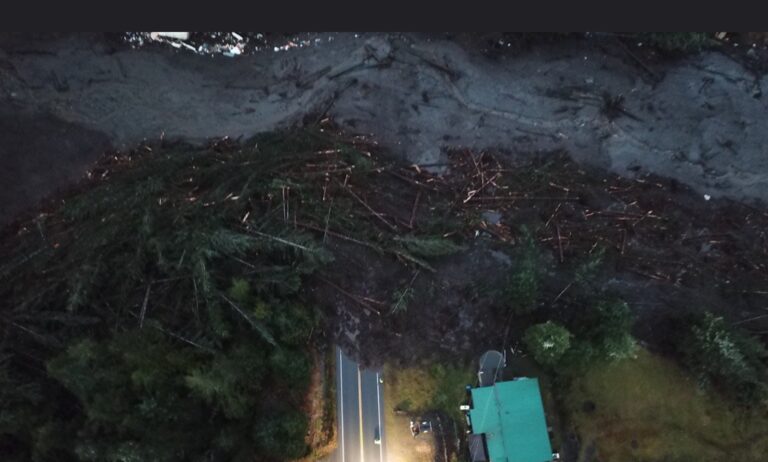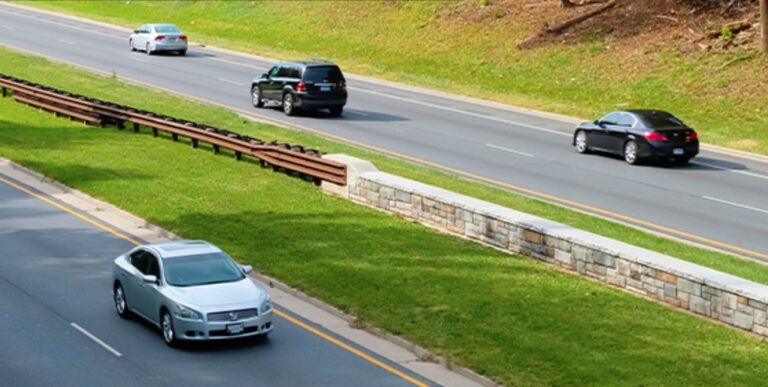By STEVE GOREHAM | MASTER RESOURCE
Earlier this year, California passed regulations that would turn the trucking industry upside down. New mandates for zero emissions trucks would disrupt the industry, raise shipping costs, and put trucking companies out of business. A group including 19 states and several trucking organizations recently filed suit to block the California regulation.
California’s Advanced Clean Fleets (ACF) Regulation goes into effect on Jan. 1, 2024. The ACF requires that truck operators buy only Zero Emissions Vehicle (ZEV) trucks for medium-duty and heavy-duty trucking operations as early as January 2024. The ACF also requires that trucking companies transition their fleets to 100 percent ZEV trucks by 2035 to 2042, depending upon class of truck.
On Nov. 3, 19 state attorneys general and several trucking organizations filed a brief in the US Court of Appeals for the District of Columbia Circuit to block ACF. The suit argues that the ACF regulation is unconstitutional and highlights the negative consequences of forced electrification of the heavy truck fleet.
ZEV trucks are plug-in battery electric trucks and hydrogen fuel-cell trucks. The goal of ACF is to remove all trucks with internal combustion engines from California roads by as early as 2035.
According to the regulation, new trucks for drayage, high priority truck fleets, and public fleets must be ZEV trucks as of January. Drayage trucks operate at California ports or transport containerized freight to and from intermodal rail yards. High-priority fleets belong to private companies with more than 50 trucks or over $50 million in annual revenue. Public fleets are owned by state and local governments.
For practical purposes, ACF will require half of all new heavy-duty truck sales to be electric trucks, instead of diesel trucks. Few new trucks would be hydrogen fuel-cell trucks, which are not competitive at this time.
Under the Clean Air Act of 1967, Congress preempted states from adopting emissions standards for motor vehicles. But in Section 209 of the Act, California was permitted to seek a waiver from this preemption. In March of 2023, the Environmental Protection Agency granted a waiver to allow California to establish the ACF emissions standard for heavy trucks. If this waiver stands, the Advanced Clean Fleets Regulation may allow California to try to force a national transition to electric trucks.
The suit filed against Advanced Clean Fleets regulation argues that the EPA should not have granted the waiver. It argues that the ACF crosses state lines, and that California should not be allowed to regulate trucking for the nation.
Eight other states, Colorado, Maryland, Massachusetts, New Jersey, New York, Oregon, Vermont, and Washington, have already adopted California’s ACF rules. Another six states are expected to join. But can electric trucks do the job?
Electric trucks suffer major disadvantages when compared to diesel trucks. Diesel trucks can travel about 1200 miles after filling the tank in 15 minutes. The range of electric trucks is about 150-330 miles and recharging may take hours, even on a high-speed charger.
Electric truck cabs cost two to three times as much as diesel cabs, an incremental cost of as much as $300,000 per truck. Electric cabs also weigh about 10,000 pounds more than comparable diesel versions. This can reduce net freight carried by as much as 20 percent.
Few heavy truck charging stations exist, and the power requirements are huge. The new heavy-duty truck charging station in South El Monte, California can charge up to 32 trucks in about 90 minutes. The South El Monte site was funded through the Joint Electric Truck Scaling Initiative, funded by California state and local agencies. But six megawatts of electricity will be needed to simultaneously charge these trucks, more than the power consumed by 200,000 homes or used in a small California city, such as San Bernardino or Huntington Beach.
But the South El Monte site is one of very few heavy truck charging sites. The California Energy Commission estimates that 157,000 medium- and heavy-duty chargers will be required by 2030. If these are built, the peak electricity draw could be as much as an additional 5,000 cities the size of San Bernardino. It’s very unlikely that the California grid could deliver this much power. Heavy duty charging sites would also need to be built all over the nation.
The California Air Resources Board, which established the ACF, claims that the regulation is needed to “protect the public health and welfare of Californians.” But ACF benefits to Californians will be negligible. Particulate air pollution in California has been reduced to such low levels that a single large wildfire exhausts more particulate pollution in a few days than all California vehicles exhaust in an entire year. China emits more greenhouse gases in a day than California trucks emit in a year.
California’s Advanced Clean Fleets regulation, if adopted, will be a disaster for trucking and consumers. The jump in truck costs will put small truckers out of business. Freight delivery times will increase because of long charging times. Longer delivery times and smaller loads will require 20 to 50 percent more trucks to move the same amount of freight.
In 2022, trucks moved 73 percent of US domestic freight. Forced adoption of electric trucks will boost the cost of food, medicines, clothing, and materials for consumers and businesses, put upward pressure on inflation, and provide negligible pollution control benefits. The US Court of Appeals and other states should reject California’s ACF regulation.
Steve Goreham is a speaker on energy, the environment, and public policy and the author of the new bestselling book Green Breakdown: The Coming Renewable Energy Failure. Originally published in Master Resource.







